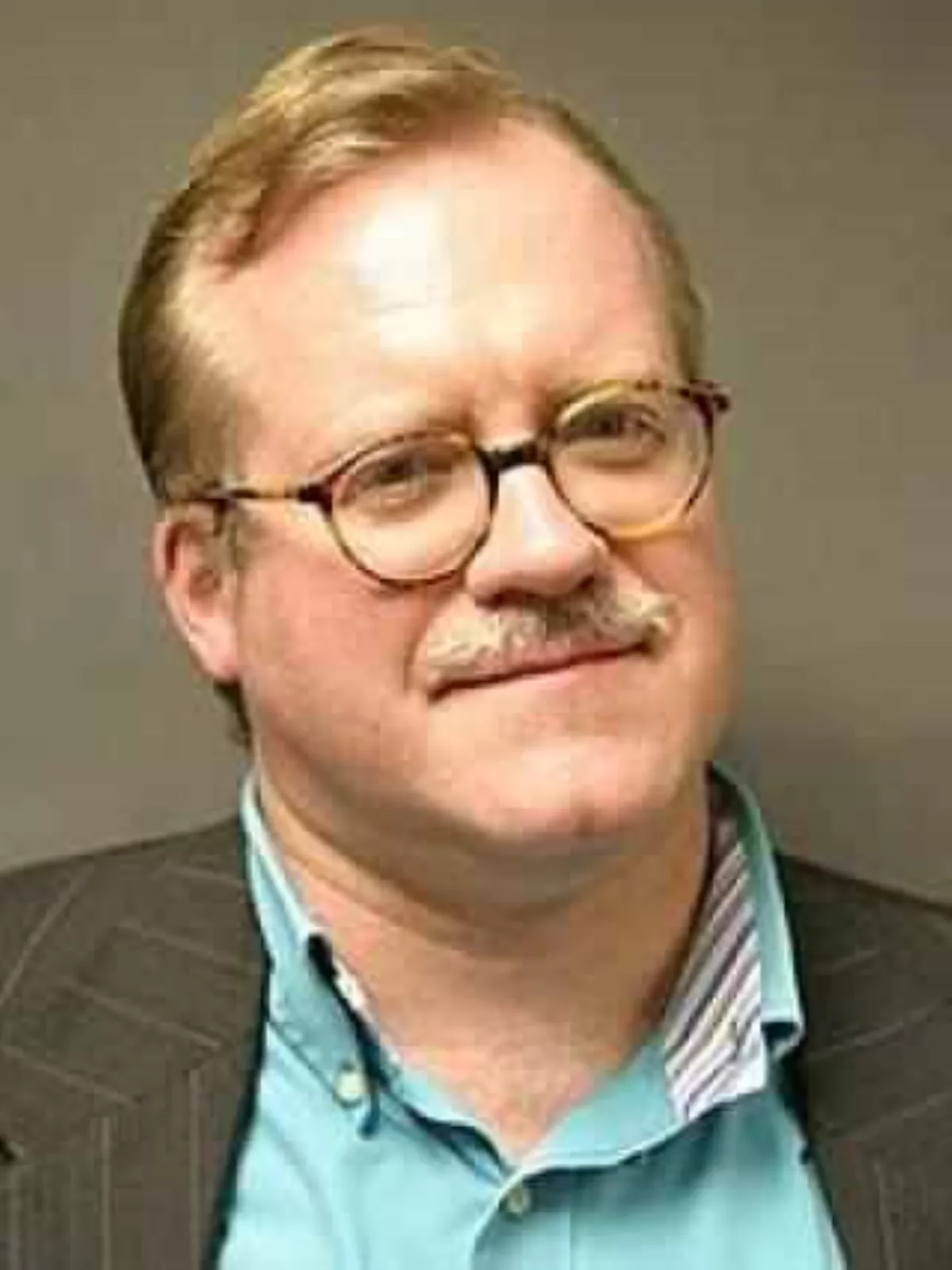 1.
1. Scott Long founded the Lesbian, Gay, Bisexual, and Transgender Rights Program at Human Rights Watch, the first-ever program on LGBT rights at a major "mainstream" human rights organization, and served as its executive director from May 2004 - August 2010.